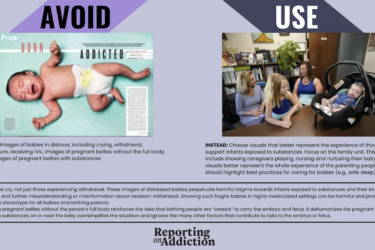The U.S. and other wealthy nations have practically eliminated all of the infectious diseases that seemed to account for the unequal burden of death in poor households and neighborhoods in earlier times. And yet inequalities in mortality have continued at more or less the same level since at least the early 1800s. What has changed are the major causes of death, which are cancers and chronic disease of the heart and vascular system.
Social scientists Jo Phelan and Bruce Link were among the first to make the case that inequalities in health are unlikely to change unless policy makers address inequalities in income, education and social status. Link and Phelan developed an influential theory that describes how social forces are the fundamental causes of health disparities.
A new key concept in AHCJ’s core topic area on the social determinants of health gives a quick overview of fundamental causes theory, the supporting evidence, and the implications for health policy. The theory predicts that interventions that aim solely to change individual risk factors will tend to worsen social inequalities in health, and there is some evidence that this really happens. Read more…







